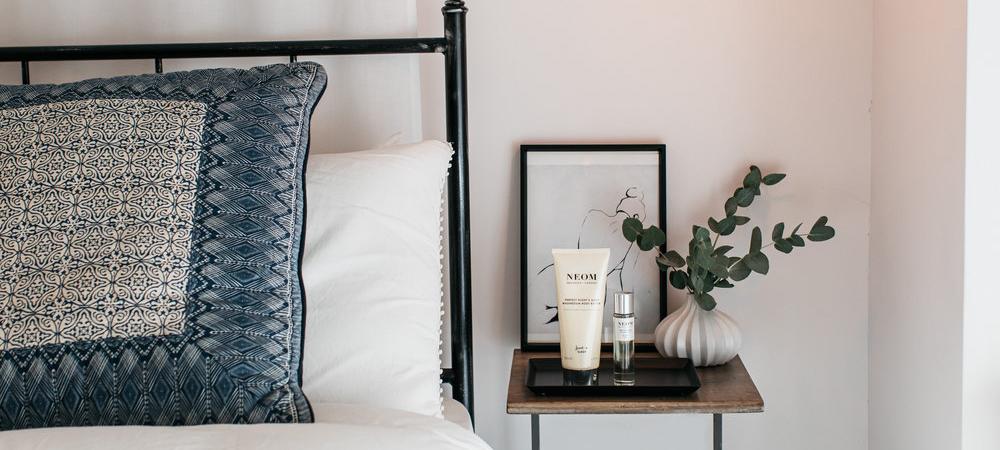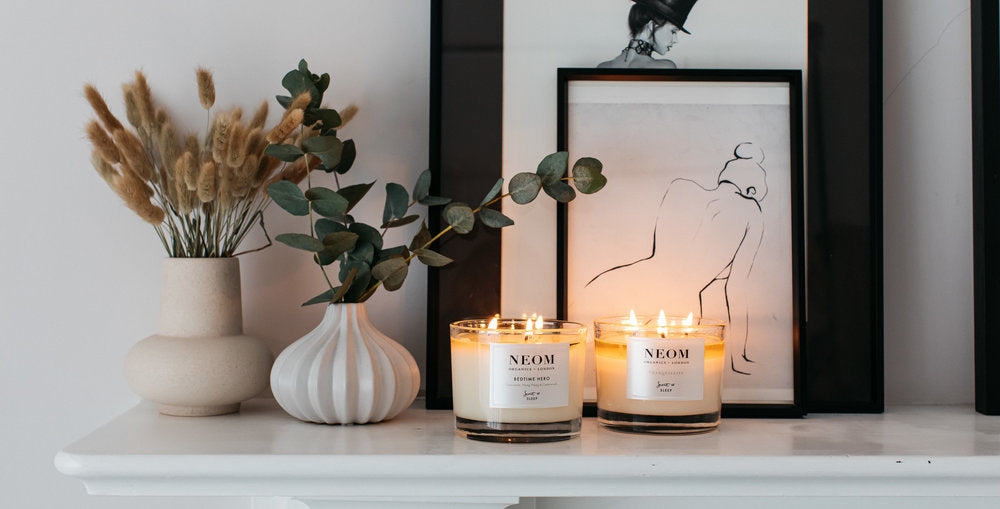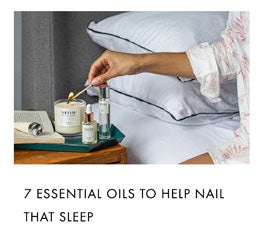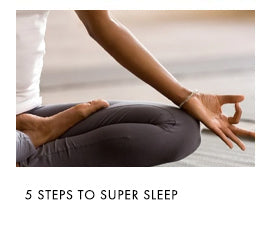You may be feeling tired but wired right now, and the desire to curl-up under the duvet and catch those all-important ZZZ’s becomes more appealing by the minute. Yet, the reality of actually drifting off (when our brains won’t seem to switch off) and STAYING asleep is often easier said than done, despite how much our mind and body might want to.
If that all sounds far too familiar and you’re craving a good night’s sleep, fear not and listen up – we’re here to shed light on sleep hygiene and the daily habits that can make a difference.
‘Sleep hygiene’ means all the good habits and practises you can do to help get better sleep and you don’t need us to tell you how vital sleep is to help you FEEL GOOD! These practical tips are designed to be incorporated into your daily routines, with the aim of providing long-term, natural solutions to improve your ability to fall asleep and stay asleep. Sounds good, right? We certainly think so!
Here at NEOM, we are inspired by the easy-peasy, simple ways of achieving the healthiest, happiest version of you and the tips and guidelines promoted by research into sleep hygiene are just that. Here are some of our favourite sleep hygiene tips you can try today.
How to Practice Good Sleep Hygiene
Sleep Schedule
Consistency is key when it comes to supporting the body’s natural circadian rhythms’ and achieving a good routine as part of your sleep hygiene. In fact, the NHS recommends regular sleeping times (that means no weekend lie-ins, even if you think you need to play sleep catch-up!) and between 6-9 hours of quality sleep for adults, every night as part of a good sleep routine.
So, try to stick to going to bed at a regular time and an alarm even on the weekend might fill you with dread but your body’s internal clock will thank you for it!
Eat and Drink Wise
You probably know a coffee before bed is a bit of no, no. But sorry guys (we love a good vino as much as anyone), but whilst alcohol might make us fall asleep quickly, it is likely to interrupt our sleep throughout the night and decrease the quality.
Less obvious perhaps, but food before bed. A large meal right before bedtime will most likely impact your sleep, but then so is hunger! Help! Try a light, healthy snack to combat both issues - we’ve got tonnes of ideas on the types of snacks that may enhance our sleep in our sleep e-book, check it out here.
Daytime Exercise
A wealth of research consistently promotes the power of exercise when it comes to a healthy mind and body, so it comes as no surprise it is recommended as part of good sleep habits. Be wise to the type and time of the exercise you partake in though.
Vigorous exercise can stimulate the body - so great for daytime, not so great for nodding off to sleep at night! If HIIT is your thing, try to carry it out at least 3 hours before bed. If relaxing exercise, such as yoga, is more up your street, then just before bed may be the perfect time.
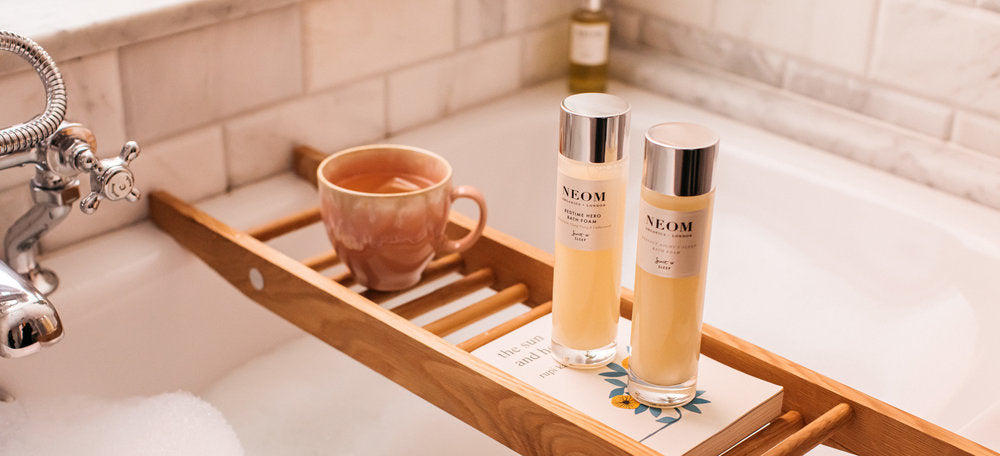
Pre-Bed Rituals
Winding down before bed can be crucial when it comes to falling asleep quickly and staying asleep. There are many suggested ways of doing this as part of good sleep hygiene, including;- Pre-sleep bath to calm the mind and body before sleep (try our Perfect Night’s Sleep Bath Foam)
- Blue light and smartphones/tablets really do affect sleep. So the best advice is turn off an hour or so before bed
- Reading a book
Sleep-friendly Environment
Make your bedroom a sleep haven, one that is calming, relaxing and promotes sleep from the moment you enter the room. This may include ensuring it is a tidy space, free from clutter and without distractions such as TVs or electronic gadgets.
Another tip from health experts at the NHS is to fit some thick curtains so that your room is dark.
You could also promote a positive sleep environment with the use of essential oil aromas thought to promote feelings of calm and relaxation. Our recent blog delves into the best essential oils for sleep, which we have expertly blended into our Scent to Sleep range. To get started, try our;
- Tranquillity Scented Candle
- Tranquillity Reed Diffuser
Keep a Sleep Diary
Good sleep hygiene may involve keeping a sleep diary as a way of discovering certain factors or activities that may impact the quality and quantity of sleep you are having. This can also be a good way to see which tips and tricks are working for you. Often it takes a little trial and improvement on our journey to positive wellbeing, but a happy you is surely well-worth investing in.
If you’re interested in more tips and tricks to help you sleep, we’ve also written a handy blog on mindfulness for sleep, designed to help you leverage mindfulness and meditation to get better sleep.


